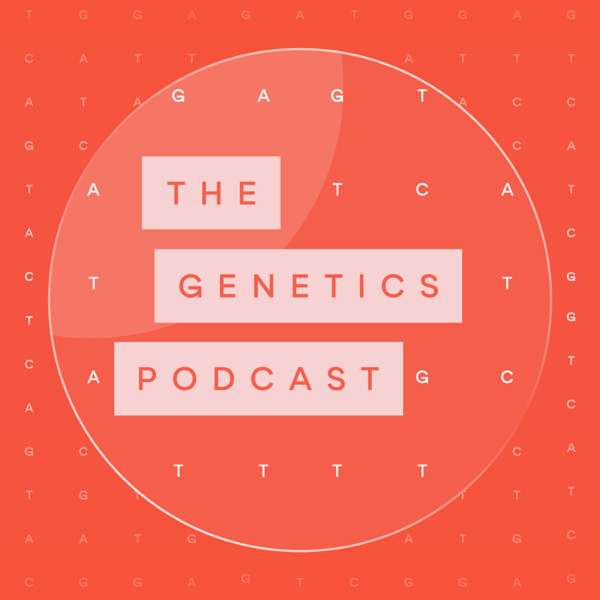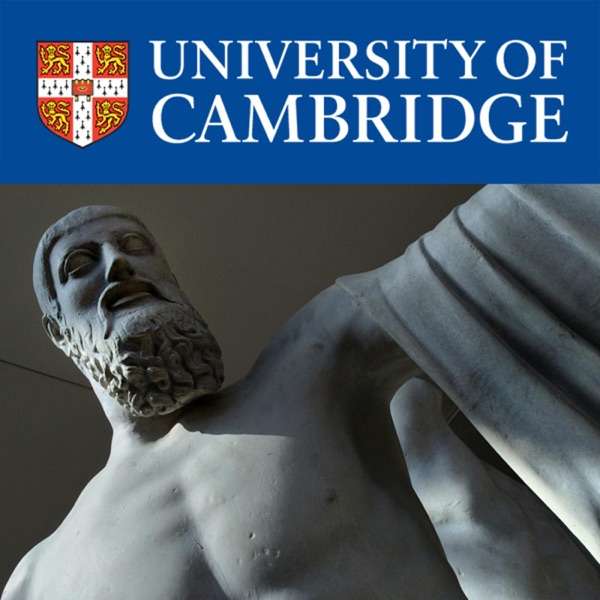Various aging clocks have been developed to quantify the aging process and predict age-related diseases. These biological age clocks are powered by different types of omics data and clinical biomarkers, and they’re especially useful for observational studies, clinical trials, and basic science aimed at combating biological aging.
Nonetheless, current research indicates that there is significant variation in aging, with deterioration and diseases affecting different organ systems and functional domains at different rates among individuals.
While existing aging clocks can measure variations in the degree of aging, they do not account for variations in the way that aging occurs, such as in specific organ systems or functional domains.
This is exactly what Raghav Sehgal has been working on during his career at Yale University - biological age clocks for 11 organ systems such as immune function, metabolic function, hepatic function, cardiac function, renal function and more.
Knowing the age of your organs can provide several advantages over knowing just your biological age. Some of these include:
- Better understanding of disease risk: Knowing the age of individual organs can help identify which organs are aging faster and therefore at higher risk for developing age-related diseases. This information can be used to develop targeted interventions to prevent or delay the onset of these diseases.
- Precision medicine: Understanding the age of specific organs can help tailor medical treatments to an individual's needs. This can improve treatment outcomes and minimize side effects.
- Earlier detection of disease: Changes in the age of specific organs may be an early sign of disease. By monitoring the age of individual organs, it may be possible to detect disease at an earlier stage when it is more treatable.
- Improved health and lifestyle choices: Understanding the age of specific organs can help individuals make better lifestyle choices to improve organ health. For example, if a person's liver is aging faster than their chronological age, they may be motivated to adopt a healthier diet and lifestyle to improve liver function.
In this week’s Everything Epigenetics podcast, Raghav and I chat about his novel epigenetic aging clock called the “Systems Aging Clock” which is based on a combination of epigenetic changes and organ and bodily function-based mortality indices.
Raghav is a PhD student at Yale University presently solving Aging using deep learning on multi-omic and multi-granular data.
In this episode of Everything Epigenetics, you’ll learn about:
- Raghav’s background and how he became interested in biological systems and aging
- The idea that a single number (epigenetic biological age) might not provide enough feedback for the hete
Support the show
Where to Find Us:
Instagram
Twitter
Facebook
Follow us on:
Apple Podcast
Spotify
YouTube
Visit our website for more information and resources: everythingepigenetics.com
Thank you for joining us at the Everything Epigenetics Podcast and remember you have control over your Epigenetics, so tune in next time to learn more about how to harness this knowledge for your benefit.

 Our TOPPODCAST Picks
Our TOPPODCAST Picks  Stay Connected
Stay Connected







